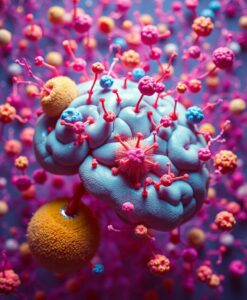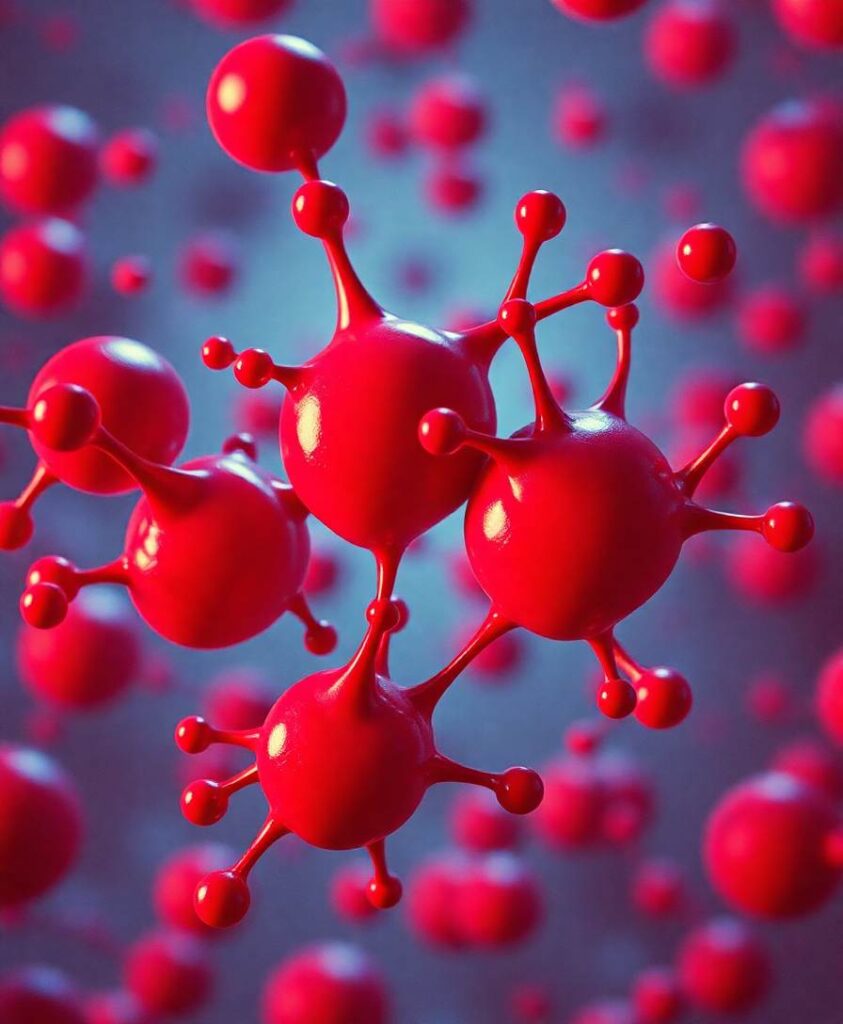Researchers are uncovering fascinating connections between bacterial molecules and our sleep patterns, revealing how microorganisms might play a more significant role in our daily rhythms than previously imagined. The discovery of peptidoglycan—a molecule previously associated with bacterial cell walls—operating within brain systems challenges traditional scientific boundaries and hints at profound interdependencies between our bodies and microbial networks.

This groundbreaking research opens provocative questions about human physiology that extend far beyond sleep. How do these bacterial molecules influence our cognitive processes, appetite, and behavioral patterns? What evolutionary adaptations have shaped these intricate molecular conversations happening invisibly within our bodies? By recognizing the complex interactions between human cells and microbial communities, scientists are mapping a more nuanced understanding of biological systems—one that emphasizes interconnectedness and mutual communication across scales we are only beginning to comprehend.
New studies show that a bacterial molecule, peptidoglycan, is present in the brain and fluctuates with sleep patterns. This challenges the idea that sleep is solely brain-driven, instead suggesting it’s a collaborative process between our bodies and microbiomes. The theory links microbes not only to sleep but also to cognition, appetite, and behavior, pointing to a profound evolutionary relationship.



